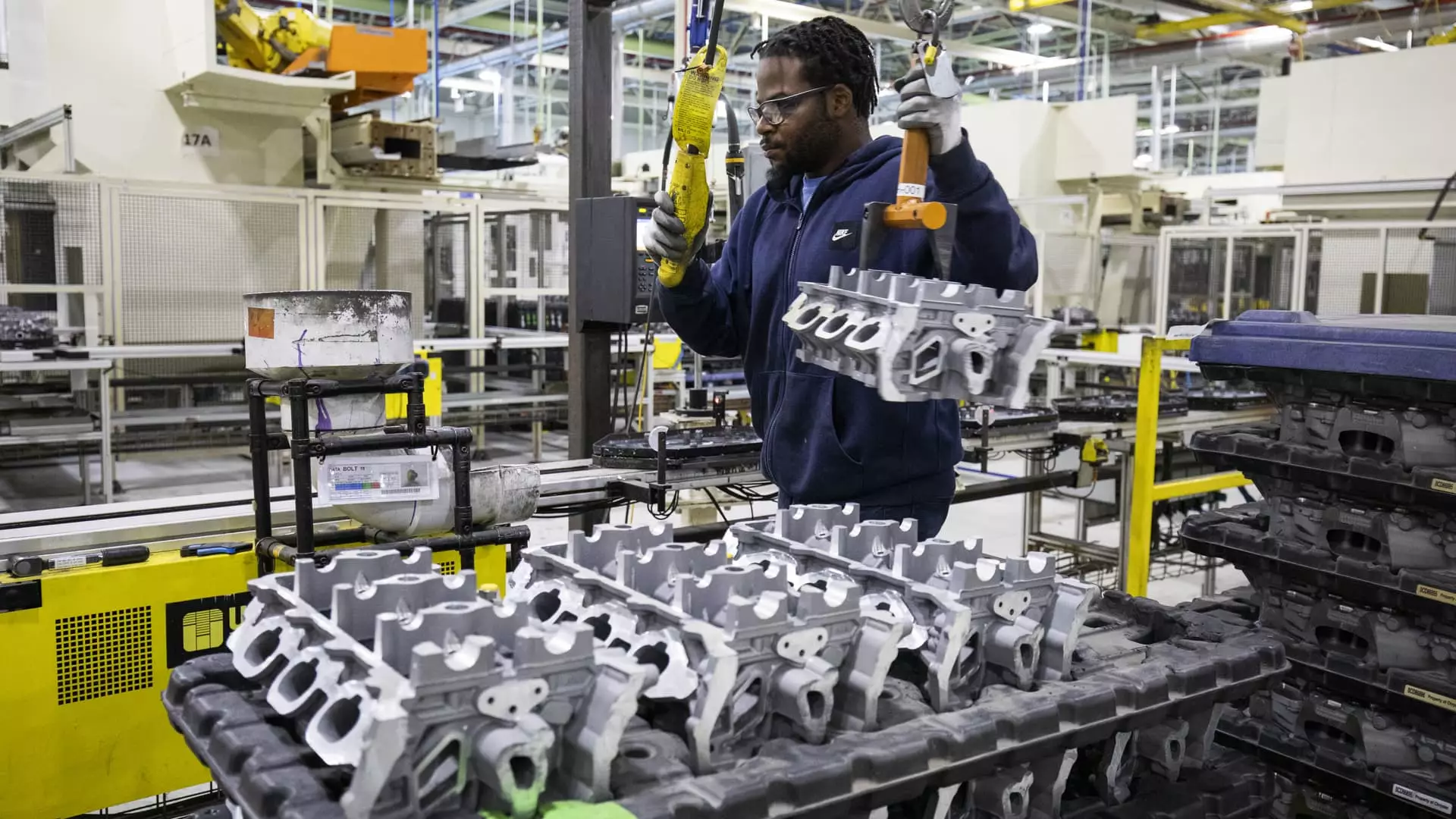In a remarkable show of unity rarely seen in the fragmented automotive sector, six powerful advocacy groups are banding together to oppose the Trump administration’s looming 25% tariffs on auto parts. This coalition, which includes nearly all major automakers and industry players, recognizes a shared vulnerability that transcends their typical competitive boundaries. The urgency of their collective message underscores an alarming reality; the repercussions of these tariffs are poised to reverberate throughout the entire U.S. automotive landscape. As representatives of the nation’s top manufacturing sector, the stakeholders assert that these levies could thrust many auto suppliers deeper into financial distress, potentially triggering an avalanche of layoffs and production halts.
The Cost of Complacency
The stark warnings articulated in the letter sent to key officials highlight the precarious state of the automotive supply chain. Many suppliers are already teetering on the brink of collapse, unable to absorb the steep costs that tariffs would impose. It’s chilling to think that the failure of even a single supplier could halt production for major automakers, as evidenced during the pandemic. A fragile web of interdependence binds these entities, and the consequences of a supplier’s failure can cascade dramatically—leading to widespread job losses and further economic destabilization. The question that we must ponder is: How did we allow ourselves to reach a point where a 25% tax on components could endanger millions of livelihoods?
Manufacturing: An Engine of the Economy
Representing a sector that employs 10 million Americans and contributes an astonishing $1.2 trillion to the U.S. economy, the voices of these groups demand attention. Their recent appeal to the administration for a reconsideration of tariffs isn’t merely a plea for leniency; it’s an urgent call to recognize the fundamental necessity of safeguarding American jobs. It’s infuriating to observe how policy decisions made in Washington can wreak havoc on working families in Detroit, Los Angeles, and beyond. By failing to account for how wide-reaching economic policies can influence the everyday lives of ordinary Americans, policymakers risk undermining the very fabric of the middle class.
Implications Beyond Borders
The ramifications of these tariffs extend beyond mere job creation or loss; they inject uncertainty into the global supply chain—fragility that can cause rippling effects felt worldwide. Industry analysts project significant drops in vehicle sales and soaring prices for both new and used automobiles, straining consumer budgets already burdened by rising inflation. More troubling is the forecast of additional costs exceeding $100 billion, a jab at an already beleaguered industry. What does this mean for the average American? It signifies that homegrown auto concerns that historically propped up communities could become further marginalized as costs mount and choices dwindle. The perception that tariff policies cater to short-term nationalistic fervor at the expense of long-term economic viability is growing increasingly difficult to ignore.
A Call for Strategic Flexibility
Interestingly, President Trump has exhibited a willingness to reconsider these tariffs, hinting at compassion for manufacturers struggling to adapt their supply chains. However, this strategic flexibility must become more than mere rhetoric; it needs to translate into actionable policies that provide real, lasting relief for a sector struggling to adapt. As auto executives and analysts have warned, shifting supply chains takes time; it is not a problem that can be solved overnight. As we navigate this intricate landscape, we must prioritize effective solutions that bolster American manufacturing while also protecting high-skill jobs that have long been the backbone of our economy.
It’s time for our leaders to acknowledge that while well-intentioned, protectionist measures can backfire spectacularly, potentially dismantling the very industries they aim to protect. The stakes have never been higher, and the country deserves a thoughtful approach that prioritizes both economic strength and job security. After all, a strong economy is one where prosperity is distributed, not concentrated within the corridors of power.

